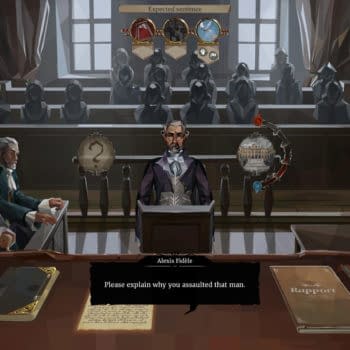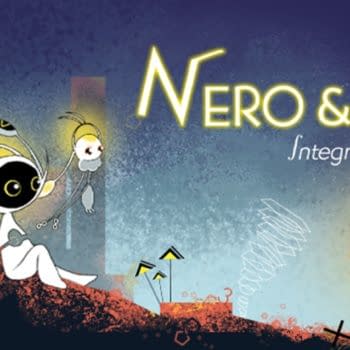Posted in: eSports, Games, Video Games | Tagged: Call of Duty World League, CWL, CWL Seattle, eSports, HRL
Realtalk: Is Social Media the Worst Thing to Happen to Esports?
Alright, so the easy punchline is that esports is the worst thing to happen to esports, but let's not be that flippant, yeah?
One of the big conversations heading into this weekend's Call of Duty World League competition in Seattle was the role social media, particularly Twitter, plays in esports. Part of this is a journalism problem – far too often, game announcements come through Twitter. Sometimes as part of a personal comment thread by developers, other times as a statement on the official game account. With esports in particular, scores come through fastest on Twitter, as do the reactions from players. Which makes Twitter trawling the penultimate tool for esports reporters.
Except that most esports athletes are on the young side. CWL has an 18+ age requirement, but let's be honest — no 18-year-old is going to have great control over themselves on social media. Tempers run hot at tournaments and social media is always there, leading to quite a bit of potential trouble. And you can't expect them to behave professional on a social media account that is both personal and the most reachable public platform for them. This has caused quite a few pros to get shot in the foot by their own feeds. In fact, quite a few have gone into interviews – thinking it would be about a match – and been surprised by questions about their personal life. At least, that's the story according to a few confidential sources.
Which unfortunately makes Twitter a more mixed bag of blessings and curses for esports pros than it is for everyone else. Honestly, Twitter as a tool has always been this odd mix of personal and professional that doesn't really jive. Facebook has always been a little bit more personal, because that's how it started. Twitter (and to a degree Instagram as well) started after the social media take-off, and thus became immediate marketing tools.
However, Twitter itself is not the only trouble. There's also no real management control of esports teams to prevent them from saying things in interviews or on social that wouldn't be kosher in most traditional sports mediums. Sure, the star athletes on any team are given quite a bit of leeway, but there's usually at least one person involved reminding the athlete not to give a statement to a reporter that will give the other team something to use as motivation. Of course, there are esports teams with much better PR, but in general trash talk is commonplace – almost expected and encouraged by tournament hosts. It adds drama to the match, sure, but it also serves to endorse an unhealthy atmosphere of toxic behavior.
Which makes the public face of esports an abrasive, cocky loudmouth with at least some skill to back it up. This puts esports in the no-man's land between traditional sports and the manufactured world of Pro Wrestling — which is absolutely not where esports wants to be. The competitive medium is already torn in several directions because of rapid growth and media attention, with an uncertain future.
So, maybe lay off the phones, lads?





![[REVIEW] "Gang Beasts" is Zany Party Madness](https://mlpnk72yciwc.i.optimole.com/cqhiHLc.IIZS~2ef73/w:350/h:350/q:75/rt:fill/g:ce/https://bleedingcool.com/wp-content/uploads/2019/09/gang-beasts-7-350x350.jpg)




![[REVIEW] "Divinity: Original Sin II" Definitive Edition is Almost Perfect](https://mlpnk72yciwc.i.optimole.com/cqhiHLc.IIZS~2ef73/w:350/h:350/q:75/rt:fill/g:ce/https://bleedingcool.com/wp-content/uploads/2018/08/Divinity-Original-Sin-2-Definitive-Edition-art-350x350.jpg)





